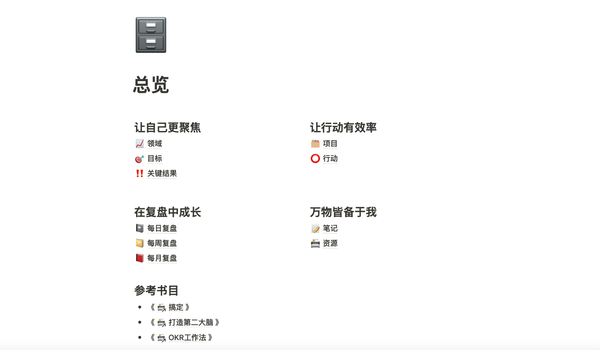Paul Graham谈万事开头难
Paul Graham在其个人网站最近发布了名为《How to do great work》的文章,给仍然雄心勃勃的年轻人提了一些建议,适合每位对自己仍有期望的朋友反复阅读。下面是本文的第四部分摘录:
Even when you’ve found something exciting to work on, working on it is not always straightforward. There will be times when some new idea makes you leap out of bed in the morning and get straight to work. But there will also be plenty of times when things aren’t like that.
You don’t just put out your sail and get blown forward by inspiration. There are headwinds and currents and hidden shoals. So there’s a technique to working, just as there is to sailing.
For example, while you must work hard, it’s possible to work too hard, and if you do that you’ll find you get diminishing returns: fatigue will make you stupid, and eventually even damage your health. The point at which work yields diminishing returns depends on the type. Some of the hardest types you might only be able to do for four or five hours a day.
Ideally those hours will be contiguous. To the extent you can, try to arrange your life so you have big blocks of time to work in. You’ll shy away from hard tasks if you know you might be interrupted.
It will probably be harder to start working than to keep working. You’ll often have to trick yourself to get over that initial threshold. Don’t worry about this; it’s the nature of work, not a flaw in your character. Work has a sort of activation energy, both per day and per project. And since this threshold is fake in the sense that it’s higher than the energy required to keep going, it’s ok to tell yourself a lie of corresponding magnitude to get over it.
It’s usually a mistake to lie to yourself if you want to do great work, but this is one of the rare cases where it isn’t. When I’m reluctant to start work in the morning, I often trick myself by saying “I’ll just read over what I’ve got so far.” Five minutes later I’ve found something that seems mistaken or incomplete, and I’m off.
Similar techniques work for starting new projects. It’s ok to lie to yourself about how much work a project will entail, for example. Lots of great things began with someone saying “How hard could it be?”
This is one case where the young have an advantage. They’re more optimistic, and even though one of the sources of their optimism is ignorance, in this case ignorance can sometimes beat knowledge.
Try to finish what you start, though, even if it turns out to be more work than you expected. Finishing things is not just an exercise in tidiness or self-discipline. In many projects a lot of the best work happens in what was meant to be the final stage.
Another permissible lie is to exaggerate the importance of what you’re working on, at least in your own mind. If that helps you discover something new, it may turn out not to have been a lie after all.
即使你找到了激动人心的事业,投身其中也不会一帆风顺。总会有这样的时刻:某些新想法让你清晨振奋跃起直接工作。但同时也会有许多时候事情并非如此。你不能只是展开风帆,等待灵感之风的推动。逆风、暗流和隐藏的暗礁无处不在。所以工作也有其技巧,就像航海一样。
例如,虽然你必须努力工作,但过度拼命也可能适得其反:疲惫会让你效率下降,最终可能损害健康。工作产生收益递减的转折点因工作类型而异。对最艰巨的工作,你每天可能只能高效地工作4-5个小时。
理想情况下,这些时间应尽量保持连贯。在可能的范围内,试着安排生活,获得大段专注工作的时间。如果知道可能被打断,你会回避困难的任务。
开始工作比保持工作更艰难。你常需要欺骗自己以跨过那初步障碍。不必因此自责;这是工作的本质,不是你性格的缺陷。工作有某种“激活能量”,每天如此,每个项目亦如此。既然这个障碍高于保持工作的能量需求,用对应的推动来激励自己也无可厚非。
如果你渴望做出伟大的工作,通常自欺不是好主意,但这可能是少有的例外。当我不愿起床工作时,我常会说服自己”仅查看一下已完成的工作”。5分钟后,我就投入了需要修正的地方。
类似的技巧对开启新项目也很有效。例如,低估项目工作量在一定程度上可以接受。许多伟大的成就都源于”这能有多难”的想法。
这是年轻人的优势,他们更具乐观主义。尽管部分原因是无知,但在这种情况下,无知有时可战胜知识。
即使工作量超出预期,也要设法完成已开始的项目。完成事情不仅是自律训练,在许多项目中,最佳工作发生在预定的最后阶段。
另一种可以接受的做法是夸大你工作的重要性,至少在自我认知上。如果这有助发现新事物,原来的想法就可能并非谎言。


